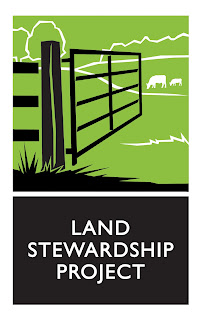The Last Four Years: Change at the USDA

Many of us with interests in agricultural and food policy issues have felt a little left out during the Presidential campaign. The candidates have not talked much at all about agricultural or food policy. Yet, it is one area of distinct change that came with the Obama administration. Prior to the Obama administration, the USDA had very little interest in providing support to the local food movement. There was nothing similar to the current Know Your Farmer, Know Your Food Program. Recall that the KFKF campaign was developed over the strong opposition of many Republicans; see Senators Challenge Know Your Farmer . The USDA, under the leadership of Secretary Vilsack now provides a wide range of resources and support related to KFKF, all within the existing budget, including: Support for Food Hubs to support and encourage regional food systems The Compass map system for local and regional food providers Grant funding, loans, and support for local and regional food producers and syste


